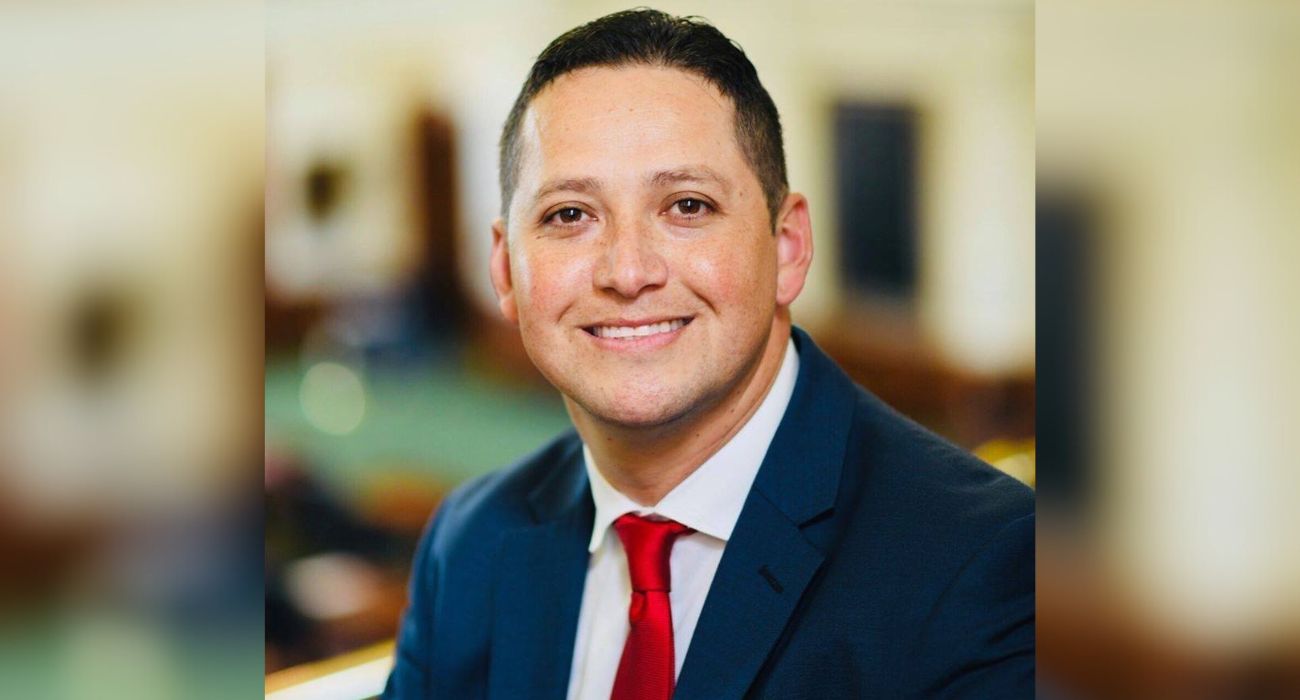Instagram users in Texas can no longer use certain filters after Texas Attorney General Ken Paxton filed a lawsuit against Meta, the new parent company of both Facebook and Instagram.
While the Texas filing is pending, Meta’s decision to settle a similar class-action lawsuit in Illinois earlier this year prompted it to disable certain filters on Instagram in Texas on Wednesday in order to avoid any further “meritless and distracting litigation.”
Meta voluntarily disabled certain filters in Texas that Paxton claims violate the state’s Texas Capture or Use of Biometric Identifier Act, which guarantees certain privacy rights online.
According to the law, companies like Meta cannot digitally capture the biometric data of Texans, store it in their systems, or use it for any commercial purpose without first obtaining users’ consent.
Paxton’s lawsuit alleges certain filters on Instagram “learn” a user’s face and can instantly tag or connect a person with an image, and that this happens most of the time without the agreement of the user being tagged.
The particular technologies at play allegedly involve facial recognition, which Meta claims it discontinued on Facebook in November 2021.
While users utilize most filters to alter images, certain “augmented reality filters” use “facial geometry” to change the natural appearance of a person’s face. The very use of “facial geometry” allegedly puts Meta in violation of Texas law.
Meta’s communications team issued a statement to KXAN explaining why the company turned off the filters in Texas and Illinois:
“The technology we use to power augmented reality effects like avatars and filters is not facial recognition or any technology covered by the Texas and Illinois laws, and is not used to identify anyone. Nevertheless, we are taking this step to prevent meritless and distracting litigation under laws in these two states based on a mischaracterization of how our features work. We remain committed to delivering AR experiences that people love, and [which] a diverse roster of creators use to grow their businesses, without needless friction or confusion.”






